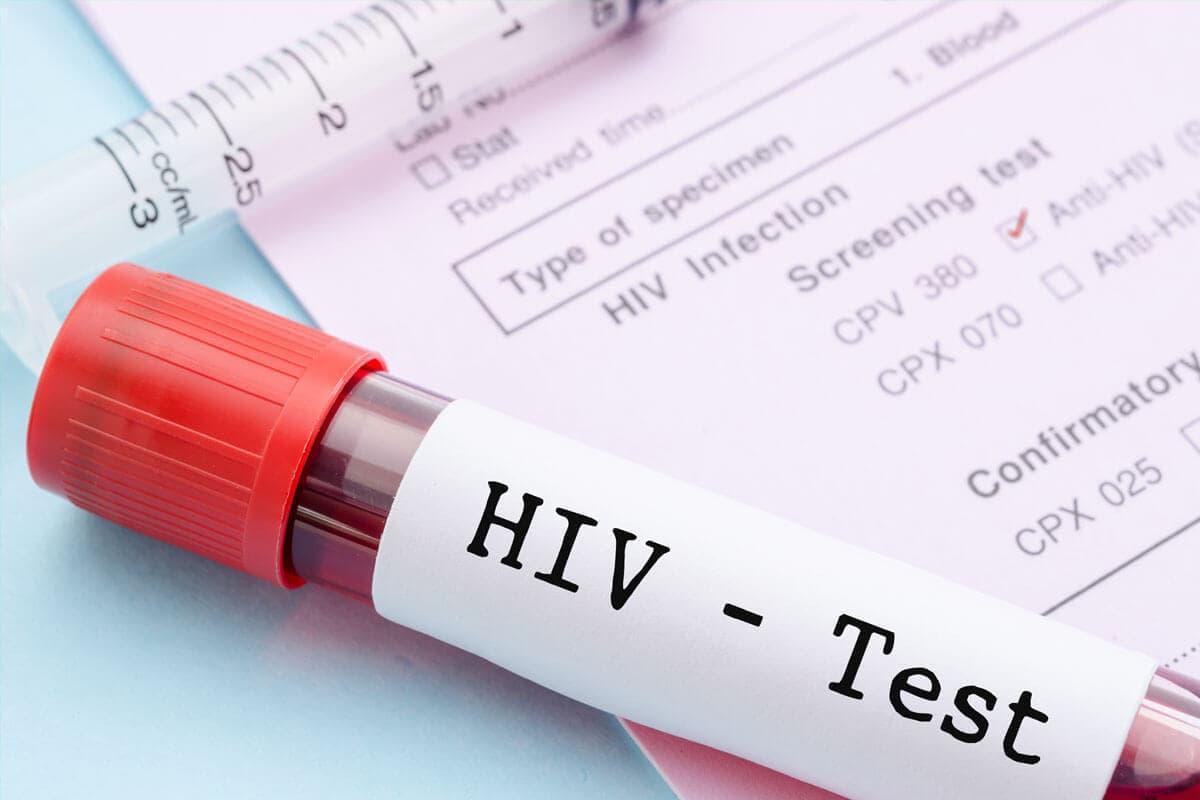Africa-Press – Eswatini. It was once eloquently expressed that patience in the face of uncertainty is desirable, even laudable, but often difficult to achieve. People frequently face difficult waiting periods when they anticipate uncertain news regarding their or their loved ones’ health, relationships, professional prospects and academic outcomes.
Such experiences are sufficiently significant and ubiquitous as to inspire the familiar expression, ‘the waiting is the hardest part’, yet the strategies people use to navigate painful uncertainty have received little empirical attention. How do people manage their anxiety as they await uncertain news or certain news for that matter? Are there any strategies people can use to be more patient as they wait? Waiting is a ubiquitous and often stressful human experience, particularly when one must wait for uncertain news.
A great deal of importance is wrongly or rightly placed upon examination results. However, the state of trepidation that is engendered by the mental anguish of waiting is yet to be comprehensively given attention to averting suicides among the youths in the event of receiving bad news regarding their results. There is an urgent need to try to humanise the experience because it is emotional and stressful for the pupils and families. The counselling that is given to a person when they are waiting for HIV/Aids test results must also be urgently considered by education stakeholders.
Benefit
Counselling would also benefit parents because they too go through the same mental anguish, especially if they consider the sacrifices they may have made during the course of the year to give their children all the required support. For some parents, their children carry their hopes of unshackling them from the shackles of poverty. One can, therefore, understand the devastation in the event of their children not doing well. The primary goal of such interventions would be to provide strategies that can minimise anxiety and disruption during waiting periods, and minimise harm and maximise benefit once the uncertainty is resolved.
Undoubtedly, nearly everyone can recall a time when they anxiously awaited some important news. In academic life, for example, the experience of waiting is nearly constant; academics must await decisions about manuscripts, grant proposals, tenure and promotion and job offers.Thus, at the level of experience, the nature of waiting is probably all too familiar. In contrast, almost no empirical research has targeted the experience to determine the affective and cognitive qualities of waiting, the nature and consequences of strategies for coping with waiting periods, or the situational and individual moderators that might impinge upon the waiting experience.
One is talking about waiting periods during which people can do little or nothing to alter their inevitable outcomes, as is the case following a diagnostic medical procedure, job interview, exam, performance evaluation and the like. However, the most intuitive way to endure a difficult waiting period is to not think about it. In fact, coping researchers have concluded that distraction is an appropriate coping strategy, when a situation is uncontrollable and thus does not present opportunities for more active responses, as is the case when people await uncertain news.
Consequences
Another tip for waiting well is to plan ahead for the potential objective and psychological consequences of bad news. The strategy can reduce the detrimental impact of a bad outcome if one occurs, but it can also provide comfort during a waiting period. Don’t run from a crisis, face it head on. Too much respect for problems often kills our faith in possibilities. There are too many folks out there who spend too much time assessing the possibility of failure that they never really get around to succeeding. The most successful people seem unacquainted with the concept of failure. They view failure as ‘false starts’ or steps to greatness. Successful people take a different perspective to failure. They see failure as a strategy that just didn’t work.
For More News And Analysis About Eswatini Follow Africa-Press







